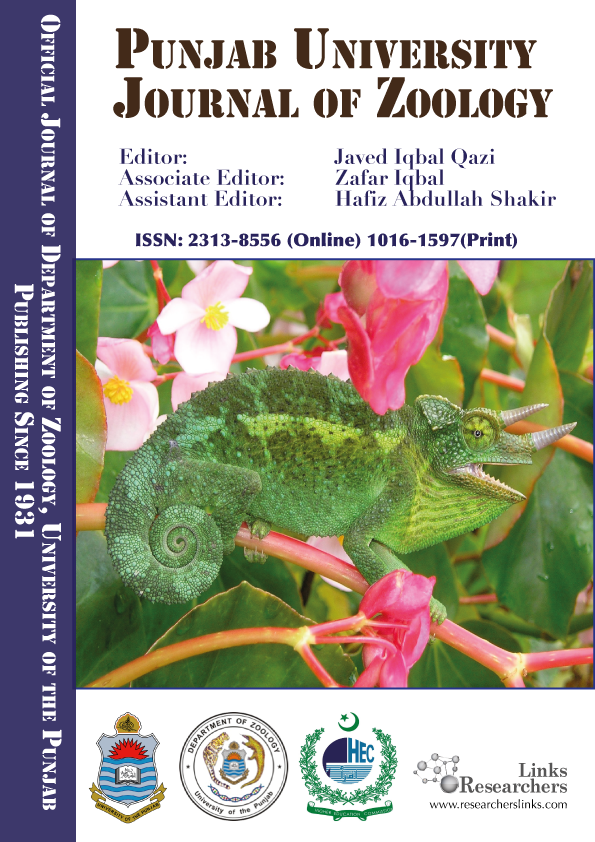Polycystic ovarian syndrome (PCOS) is among the common endocrine disorders in childbearing aged females. This study is designed to compare a few anthropometric, hematological, and biochemical parameters in PCOS patients with that of normal females including correlation between interleukin-3 and blood cell count. Patients with PCOS and normal healthy females (n=60) of same age group were included in this study following Rotterdam ESHRE/ASRM criteria. The parameters evaluated were; white and red blood cells and platelets figure, lymphocytes, neutrophils, monocytes and eosinophils percentage and serum level of luteinizing hormone, follicle stimulating hormone and interleukin-3 in both groups. Two tailed, independent t-test and Pearson co-relation was applied to analyze hematological and biochemical parameters while anthropometric parameters like weight and height were compared as percentages. Results of current study showed that body mass index was significantly (P<0.05) elevated in PCOS patients when compared with BMI of control females. Number of successful pregnancies were noticed to be significantly (P<0.001) increased in control females. Percentage of infertile, hirsute and acne patients was higher in PCOS group, while serum interleukin-3 level was significantly (P<0.05) lower in PCOS patients than healthy participants. WBC count (P<0.01) and neutrophils % age (P<0.05) was significantly higher in PCOS group while eosinophils % age was statistically (P<0.01) decreased in PCOS patient in comparison to control subjects. RBCs and platelets count, lymphocytes and monocytes % age and neutrophils to lymphocytes ratio did not show any significant difference in control and deceased females. The mean LH/FSH ratio was significantly (P<0.05) elevated in PCOS patients than control. In female subjects of control group, IL-3 had significant positive correlation with WBC count (r=0.360, P<0.01) and significant negative correlation with Lymphocytes % age (r=-0.481, P<0.001) while in PCOS females no such correlation was observed. In conclusion, the increased body mass index, high neutrophils % age and WBCs count are closely associated to PCOS and may be responsible for inflammation in PCOS patients with decreased serum level of IL-3.
Novelty Statement | IL3 is well recognized as colony stimulating factor, which inhibits cell death and enhance the persistence of mega-karyocytes, macrophages and mast cell specifically in stress condition. This research is first contribution to find correlation of IL3 with hematological aspects in polycystic females.







